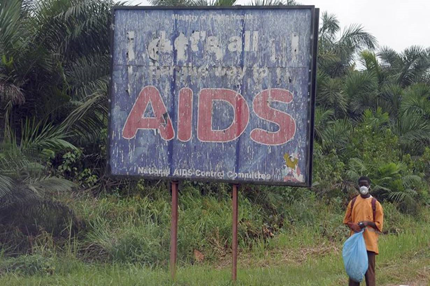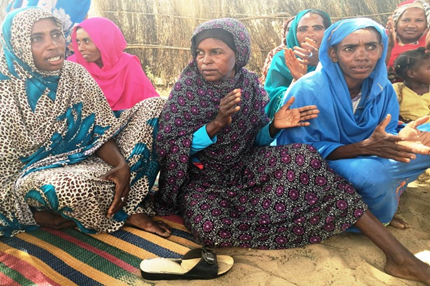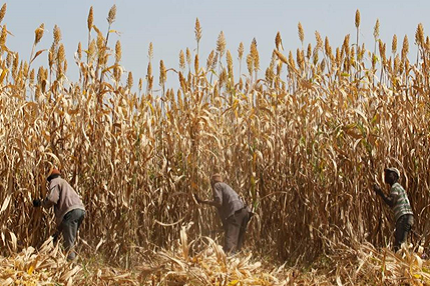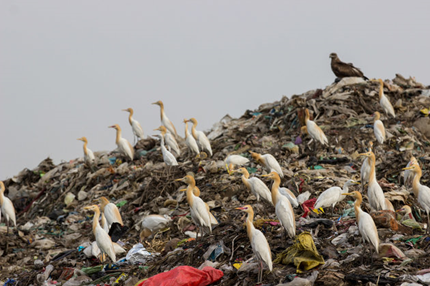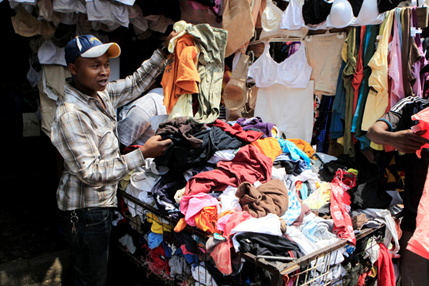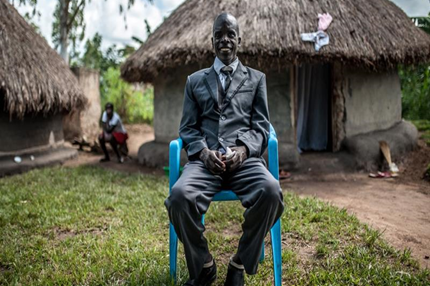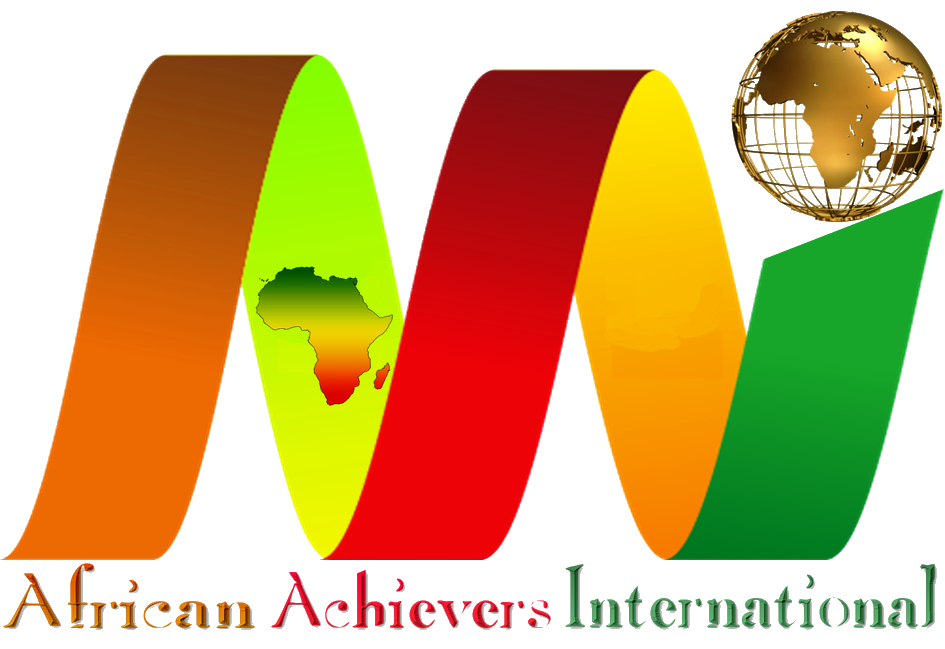Worldwide, poverty is decreasing dramatically, thanks to freedom

poverty
Things are, in fact, getting better all the time.
What’s happening? It’s not complicated; free trade has resulted in a dramatic decrease in poverty.
What has held developing countries back, Norberd says, is “oppression, colonialism, Communism and protectionism.” He could also have listed corruption.
Now that the smoke is starting to clear from the election - and economic news isn’t being spun quite so much - we can take a moment to appreciate a truly remarkable fact: Poverty is losing. And not just here, but worldwide.
Writing for the new British-American journal Spiked Review of Books, journalist and author Johan Norberg cited some amazing statistics.
“Did you hear the breaking
news?” he asks. “Yesterday, 138,000 people rose out of extreme
poverty. Another 138,000 rose out of extreme poverty the day
before. And the day before that, too. Of course you didn’t, because
a plane crash or a terrorist attack is news, but slow and steady
progress is not. Even 50 million people rising out of poverty in a
single year is not news. But this happens to be the most important
story of our time: poverty, as we know it, is disappearing from our
planet.”
Women's rights and gender equality, we highlights issues affecting women, girls and transgender people.


Things are, in fact, getting better all the time.
“
At the United Nations Millennium Summit in 2000, the world’s countries set the goal of halving the 1990 incidence of extreme poverty by 2015,” Norberg reminds us. “This was met five years ahead of the deadline. And even though the world population grew by more than two billion between 1990 and 2015, the number of people who live in extreme poverty was reduced by more than 1.25 billion people. This marks a historic rupture. For the first time in human history, poverty is not growing just because population is growing. As a result, the number of people in extreme poverty is now slightly less than it was in 1820. Then it was around one billion; today it is 700 million.”
What’s happening? It’s not complicated; free trade has resulted in a dramatic decrease in poverty.
What has held developing countries back, Norberd says, is “oppression, colonialism, Communism and protectionism.” He could also have listed corruption.
“The poor in many places got
more freedom to farm, manufacture and sell their goods and services
than they had before,” Norberg points out. “If you have ever
visited an African slum area you notice that people there are not
lazy; they are working very hard, not least because they have to
get around regulations, restrictions and corruption as well. ‘It’s
not safe to carry cash,’ as the saying goes in Kibera, ‘because
there are too many policemen.’
When that control and oppression
is lifted, even in the slightest, people can devote more of that
hard work to more productive uses.”
COREC
ROOFING TILES AND FENCING POSTS IN KENYA
TURNING WASTE PLASTIC INTO BUILDING
MATERIAL IN KENYA
Here’s the real point: Socialism didn’t work. Foreign aid didn’t help much. What worked was free trade and free markets - which allow people to better their own circumstances.
“The world’s poor made themselves rich, rather than waiting for someone else to do it,” Norberg writes. “They weren’t ‘lifted out’ of poverty; they rose out of poverty.”
We still have a lot of work to do, even here at home.
But history is clear; freedom and opportunity are the key to helping the poor. And that’s where our focus should be.


YOU MAY ALSO
LIKE:...
GREAT DEALS FOR
YOU:...

SUGGESTED FOR
YOU

SPONSORED CONTENT


YOUR SHOPPING MADE EASY
Africa's Change Makers Magazine
COMPANY
AFRICAN ACHIEVERS INTERNATIONAL Inc. is a global media and technology company including lifestyle media publisher SEMA AFRICA
online
Magazine AFRICAN ACHIEVERS MAGAZINE, digital shopping
platform PA-BEAUTY STATION.COM, event management
PRIDE OF AFRICA, awards program AfIA
AWARDS, youth and talent development, PILLARS OF
HOPE and AAK, Volunteerism
UNIVERSIDAY grassroots community support
NAD and financial support
REMITGROW and monthly subscription box AAi Must
Have. ....
More from African Achievers International
SUBSCRIBE








